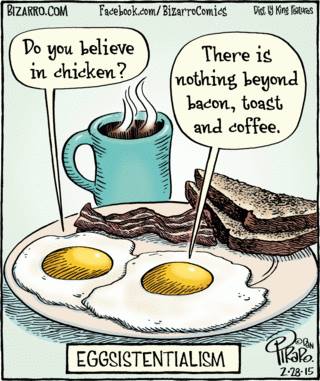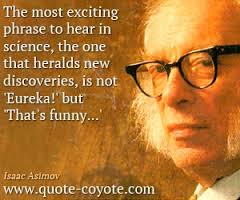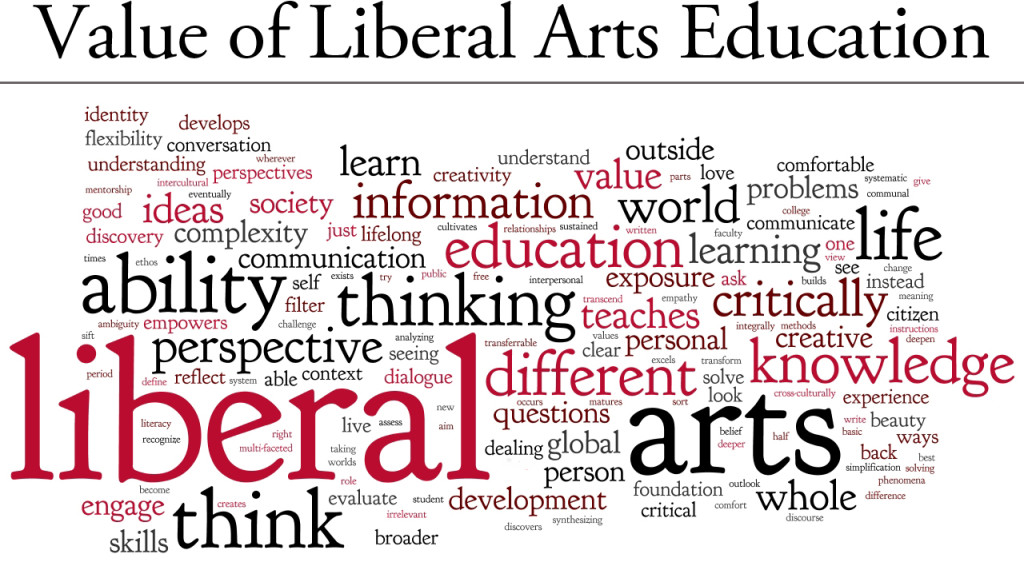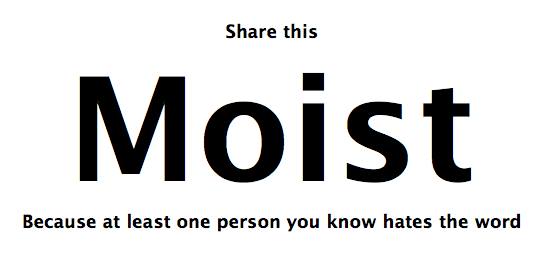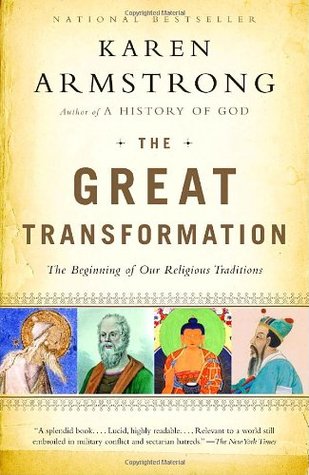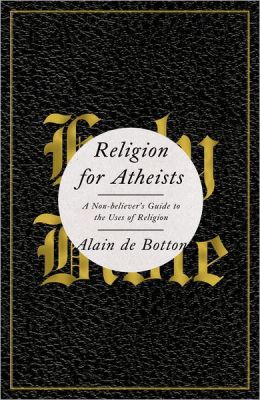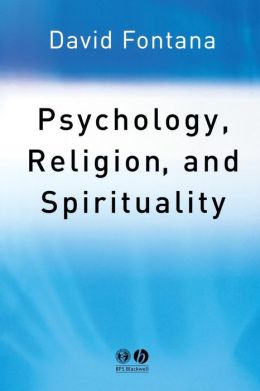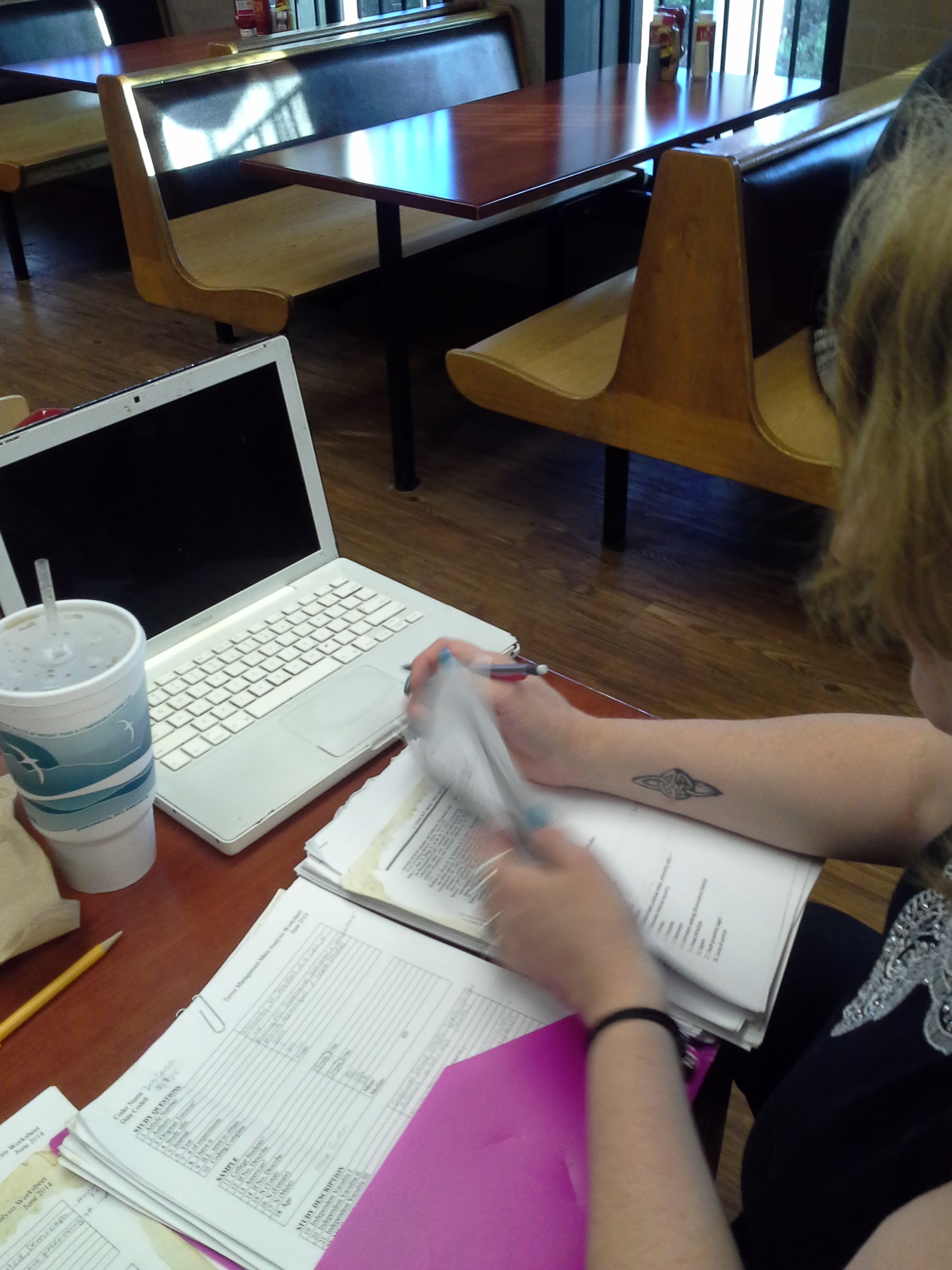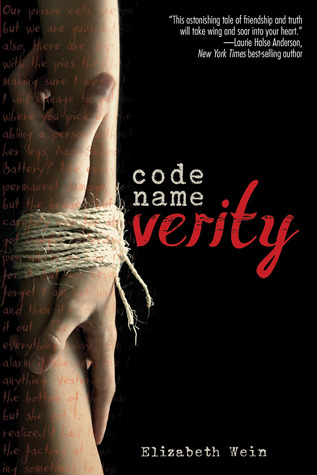I don’t know about my students or my colleagues, but it feels like the new semester hit me like a Mack truck. I haven’t been able to internalize my schedule, am behind in putting up the PowerPoint slides on my institution’s course management system, and actually walk on to campus most days not really knowing what I will be talking about that day. I hope I get over this quickly!
Tonight in the History of Psychology class we discussed the philosophy of science. In discussing Thomas Kuhn and Carl Popper’s contributions to the field, I had a couple of quotes from Einstein and Sagan…but had forgotten about the Asimov quote above. A few of my students were truly shocked to learn that it isn’t popular to push against the envelope of a paradigm. I was delighted that this lecture merged into a documentary about Socrates; the poster child for pushing against the envelope of a paradigm!
